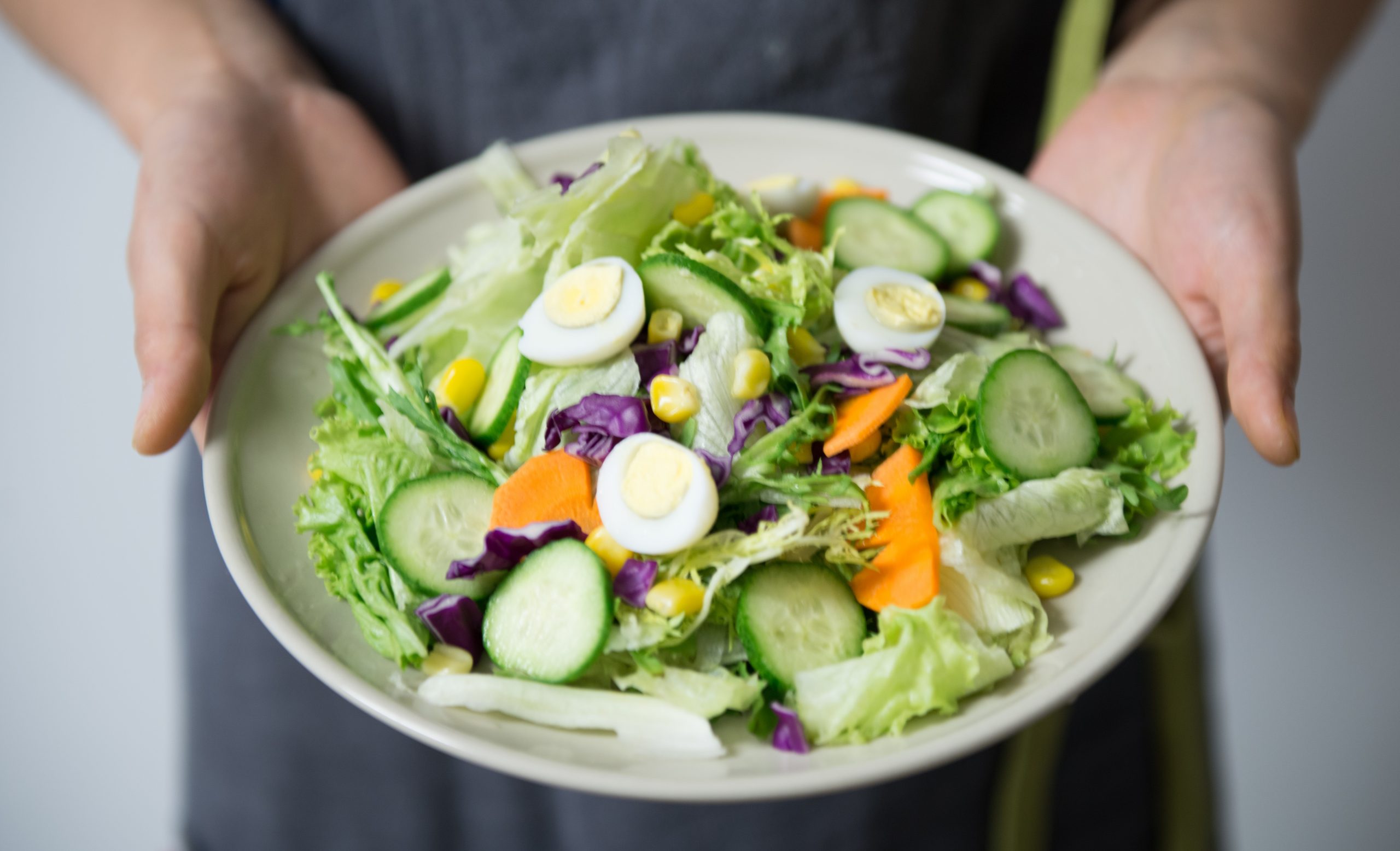
Food is not a source of Covid-19 contamination, according to the International Commission on Microbiological Specifications for Foods.
ICMSF examined data that may suggest that food or its packing is a source of Covid-19 contamination but they found little evidence.
Results reflect earlier data from the US Food and Drug Administration (FDA) showing there is no real risk of contracting the coronavirus from food or food packaging.
"To date, there has not been any evidence that food, food packaging, or food-handling is a source or important transmission route for SARS-CoV-2 resulting in Covid-19," the organization said in a statement.
"There are no foods that should be considered a risk or warrant consideration as a vector for SARS-CoV-2."
They noted that while it is possible that people could take in something contaminated with the coronavirus and get the disease, it has never been proven to have happened.
However, the group emphasized that it is still prudent to encourage food hygiene practices.
The ICMSF said that while some countries have restricted food imports, tested imported products, or called on companies to label their products as coronavirus-free, none of this is required.
"The focus for food businesses should be on protecting food workers, consumers and restaurant patrons from becoming infected by person-to-person SARS-CoV-2 spread," they wrote.
The worries about virus transmission through touching surfaces started in late March after a study released in the prestigious New England Journal of Medicine.
"What the study showed is that under certain conditions in the laboratory, which are obviously kind of artificial, SARS-CoV-2 is detectable for up to three hours in aerosols, up to four hours on copper, up to 24 hours on cardboard and up to two to three days on plastic and stainless steel," said Jamie Lloyd-Smith, a scientist who probed how long SARS-CoV-2, the virus that causes Covid-19, could last on various surfaces.
Health protocols
Health authorities still encourage the public to observe health and sanitary protocols when it comes to food, especially when grocery shopping.
The key to safe grocery shopping is efficiency. Focus on getting in and out as fast as possible to minimize your risk, according to Donald Schaffner, a food microbiologist and distinguished professor at Rutgers University.
“Be as efficient as possible in the store,” Schaffner said.
“Have a list. Move through the store quickly and efficiently. Get out of the way. Be respectful of other people. Maintain social distance while you’re in the store,” he noted.
The FDA also released their own coronavirus tips for grocery shopping. These include buying just one to two weeks' worth of groceries at a time. They also advise the public to wear a face mask and pointed out that some grocery stores require it.
Ann Marie Pettis, the president-elect of the Association for Professionals in Infection Control and Epidemiology, recommends going to the grocery store in early morning or mid-day because it is safer and not usually busy.
“It’s hard to know when the quieter times maybe because there are so many people not working,” she told USA Today.
“I do think it’s a little riskier now,” she added
Meanwhile, Lauren Sauer, director of operations for Johns Hopkins Office of Critical Event Preparedness and Response, said that the public must seek grocery stores with sanitation protocols. Stores that strictly enforce social distancing measures also seem safer.






